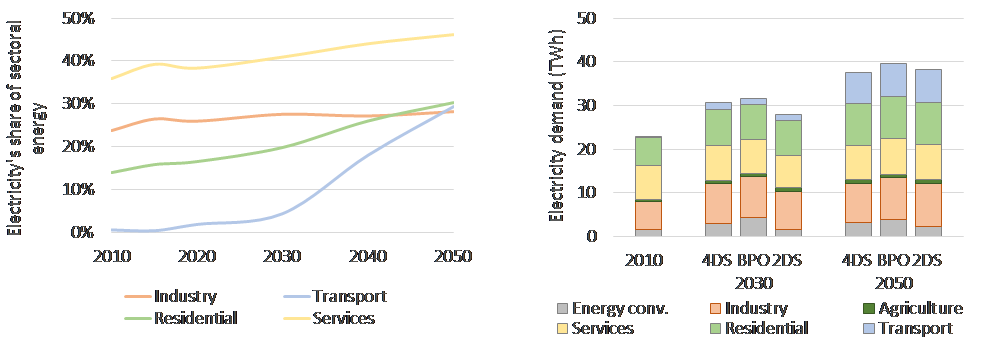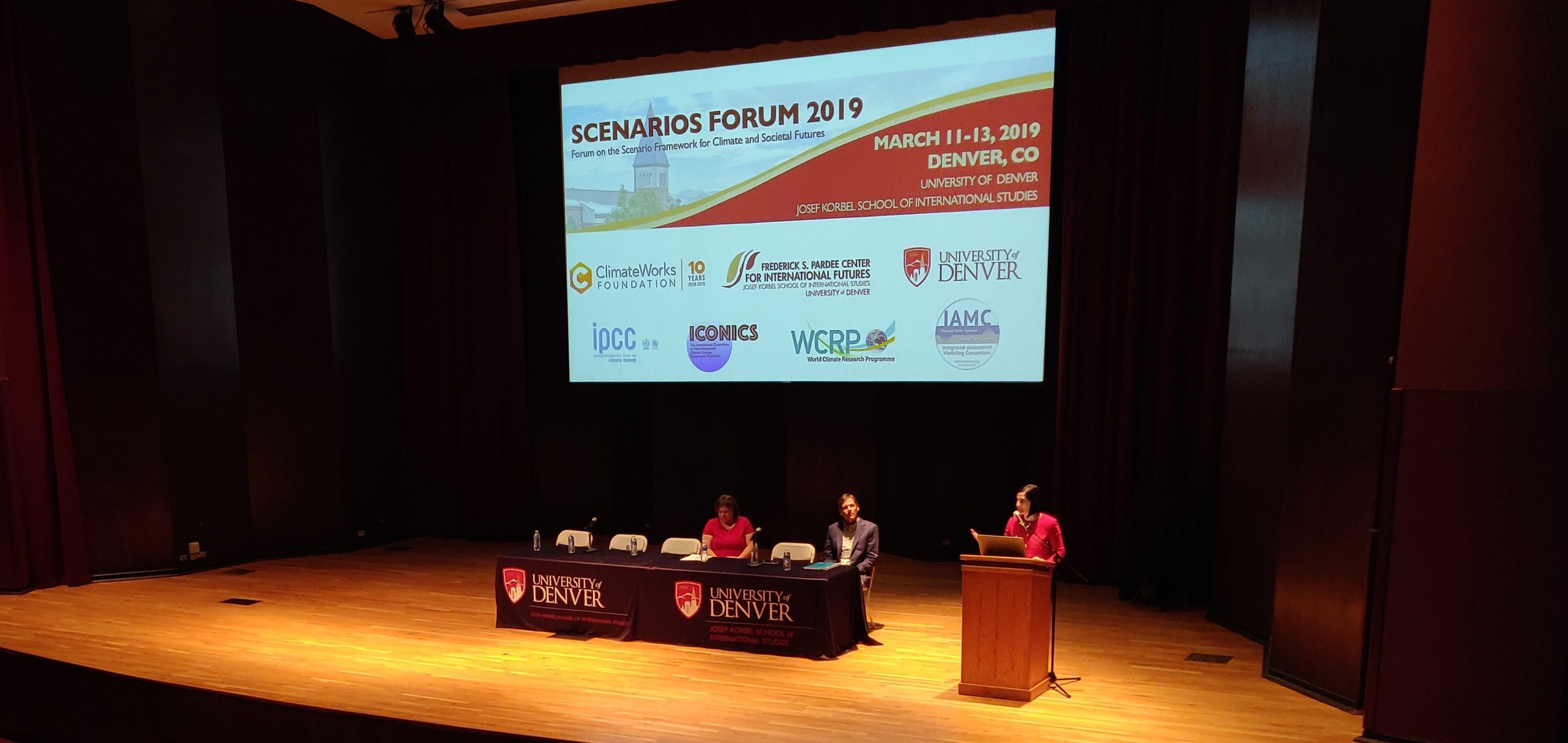BENTE at Scenarios Forum 2019, Denver
Tomi Lindroos, project leader of Baltic Energy Technology Scenarios 2018 (BENTE), traveled to Denver recently to present findings from the study. The Scenarios Forum brings together researchers who model population, energy, emissions, and climate…
Tomi Lindroos, project leader of Baltic Energy Technology Scenarios 2018 (BENTE), traveled to Denver recently to present findings from the study. The Scenarios Forum brings together researchers who model population, energy, emissions, and climate, among many other topics. The forum provides a place to exchange experiences, ideas, and lessons learned, as well as a platform to identify ideas and knowledge gaps for future research.
“Our contribution was a session of renewable-based electrification where we wanted to improve scenarios for clean energy transition” says Lindroos.
“Caitlin Murphy from NREL (National Renewable Energy Laboratory, USA) introduced their very detailed modelling of electricity consumption on demand-side sectors. Mariliis Lehtveer from Chalmers University (Sweden) presented their analysis of cost-competitiveness of electrofuels in the transport sector. I presented our system-level study of Baltic Energy Technology Scenarios 2018 where we explored current drivers and development trends in the Baltic countries’ energy sectors and assessed the likely impacts of adopted energy and climate policies.
“One of our main conclusions from both NREL’s study and BENTE 2018 was that we need a large-scale electrification to reach energy and climate targets”
One of our main conclusions from both NREL’s study and BENTE 2018 was that we need a large-scale electrification to reach energy and climate targets. In the BENTE study, we found that
- Wind and solar will be the cheapest new capacity by 2025 (actually reached already by 2018)
- Large heat pumps will be the cheapest source of district heating, unless blocked by taxes or grid fees
- Electric vehicles should have cheaper lifetime costs than ICE vehicles around 2030
As a result, the electricity demand of the Baltic countries is projected to increase especially in the transport sector. The actual electrification might not be as quick as modelled if climate and energy policy targets won’t be achieved in all sectors.”

The Scenarios Forum gathered roughly 300 participants all around the world. The program covered a wide range of modelling topics including the upcoming IPCC scenarios, sustainable development goals, demographics, climate change impacts, emissions, and energy. The scale stretched from regional studies to global and specific topics to system studies.

Opening plenary of the Scenarios Forum 2019
